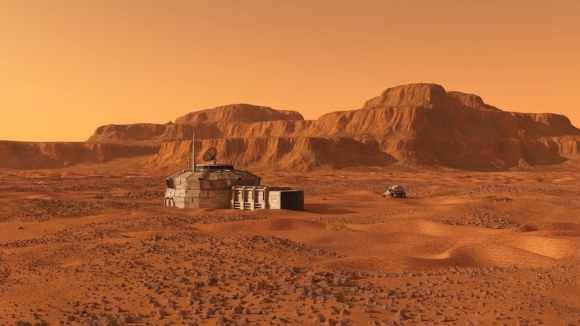About the Editors
 Brian Motil, PhD: As Chief of Thermal Systems and Transport Processes Branch at NASA Glenn Research Center, OH, USA, Dr. Motil's research focused on fluid physics in the microgravity environment. Prior to this he served as the discipline lead for microgravity fluid physics at NASA Glenn where he oversaw the design, development and implementation of NASA funded research in fluid and thermal transport, for platforms such as drop towers, parabolic flight aircraft, sounding rockets and the ISS. Brian oversees the journal's content in microgravity fluid physics.
Brian Motil, PhD: As Chief of Thermal Systems and Transport Processes Branch at NASA Glenn Research Center, OH, USA, Dr. Motil's research focused on fluid physics in the microgravity environment. Prior to this he served as the discipline lead for microgravity fluid physics at NASA Glenn where he oversaw the design, development and implementation of NASA funded research in fluid and thermal transport, for platforms such as drop towers, parabolic flight aircraft, sounding rockets and the ISS. Brian oversees the journal's content in microgravity fluid physics.
 Mark Ott, PhD: At the NASA Johnson Space Center (USA), Mark oversees microbial monitoring of mission operations and has research expertise in the areas of microbial ecology of spacecraft, human and microbial responses to spaceflight and the development of advanced tissue culture models to investigate infectious disease.
Mark Ott, PhD: At the NASA Johnson Space Center (USA), Mark oversees microbial monitoring of mission operations and has research expertise in the areas of microbial ecology of spacecraft, human and microbial responses to spaceflight and the development of advanced tissue culture models to investigate infectious disease.

